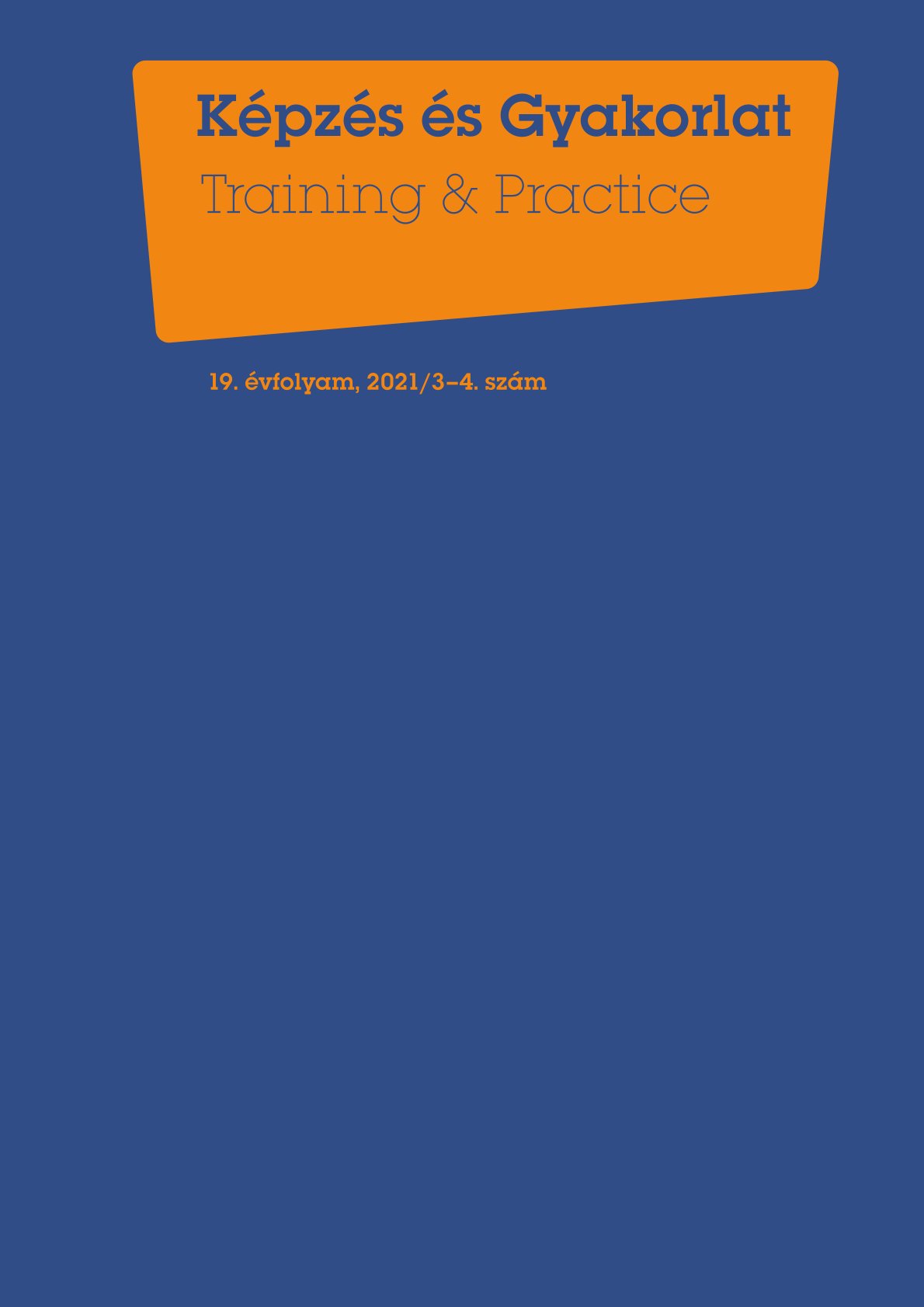Public awareness of correctional education carried out in juvenile correctional facilities
DOI:
https://doi.org/10.17165/TP.2021.3-4.2Abstract
Special education developed for juvenile delinquents is intended to reduce recidivism, assist their entry and reintegration in society as productive citizens, to develop and strengthen delinquents’ self-esteem, sense of responsibility and social utility, close learning gaps, as well as to address the deficiencies in their social, communication, emotional, cultural and learning skills and abilities. Our research aims at providing insight into the perception, awareness of, as well as knowledge and opinions of members of the public related to the education carried out in juvenile correctional facilities. As the social reintegration of former delinquents is a problem affecting the whole society, the public need to be made aware of issues related to juvenile delinquency and correctional institutions, in order to dispel negative perceptions of correctional education and of former juvenile offenders.
Literaturhinweise
Carver, L. J. – Harrison, L. M. (2016). Democracy and the Challenges of Correctional Education. Journal of Correctional Education, Vol. 67, No. 1, pp. 2–16 [online] https://www.jstor.org/stable/10.2307/26506624 [01 August 2021]
Cullen, F. T. – Fisher, B. S. – Applegate, B. K. (2000). Public Opinion about Punishment and Corrections. Crime and Justice, Vol. 27, pp. 1–79. DOI: https://doi.org/10.1086/652198
Eckenrode, C. J. (1965). What Makes Correctional Education Correctional? Journal of Correctional Education, Vol. 17, No. 2, pp. 6–9. [online] https://www.jstor.org/stable/44817881 [18 July 2021]
Hackman, K. M. (1997). Correctional Education—Challenges and Changes. Journal of Correctional Education, Vol. 48, No. 2, Fire and Ice: The Tumultuous Course of Post-Secondary Prison Education, pp. 74–77. [online] https://www.jstor.org/stable/23294135 [01 August 2021]
Hungary, Decree of the Ministry of Human Capacities no. 1/2015 on the rules of juvenile correctional institutions (1/2015. (I. 14.) EMMI rendelet a javítóintézetek rendtartásáról), https://net.jogtar.hu/jogszabaly?docid=A1500001.EMM [15 May 2020]
Hungary, Act CCXL of 2013 on the execution of criminal sanctions and measures, certain coercive measures and detention (2013. évi CCXL. törvény a büntetések, az intézkedések, egyes kényszerintézkedések es a szabálysértési elzárás végrehajtásáról), https://net.jogtar.hu/jogszabaly?docid=a1300240.tv [15 May 2020]
Downloads
Veröffentlicht
Ausgabe
Rubrik
Lizenz
Copyright (c) 2021 Izsák Hajnalka

Dieses Werk steht unter der Lizenz Creative Commons Namensnennung - Nicht-kommerziell - Keine Bearbeitungen 4.0 International.












